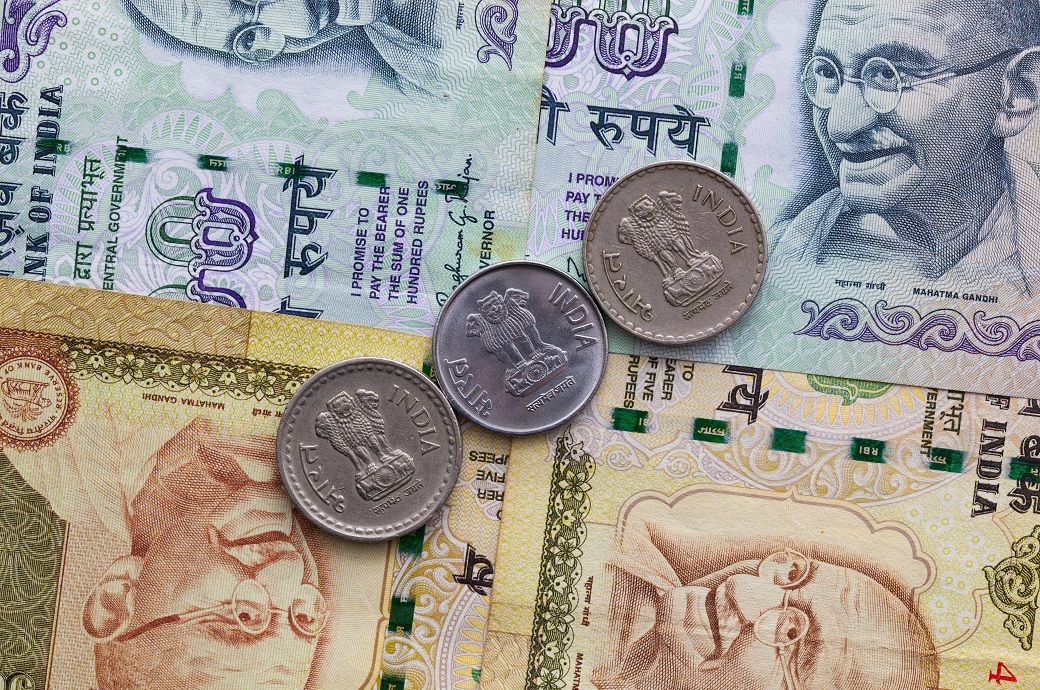
The IDU attributes this robust performance to strong public infrastructure investment, a burgeoning financial sector, and sustained domestic demand. In particular, bank credit growth in the first quarter of FY24 increased to 15.8 per cent, compared to 13.3 per cent in the same period of FY23, as per the report.
However, the report also cautioned that global challenges are set to persist and even intensify due to high interest rates, geopolitical instability, and sluggish worldwide demand. These adverse conditions are likely to impact the global economy, slowing down growth over the medium term. As a consequence, the World Bank expects India's GDP growth to moderate to 6.3 per cent in FY24, mainly due to these external pressures and a reduction in pent-up demand.
On the inflation front, adverse weather conditions have led to a significant uptick in prices, causing headline inflation to surge to 7.8 per cent in July. The World Bank expects inflation to gradually recede, thanks to government interventions aimed at increasing the supply of key commodities.
Fiscal consolidation is anticipated to continue into FY24, with the central government's fiscal deficit projected to decline from 6.4 per cent to 5.9 per cent of GDP. Public debt is also expected to stabilise at 83 per cent of GDP. The current account deficit is predicted to narrow to 1.4 per cent of GDP, well-financed by foreign investment flows and buffered by substantial foreign reserves.
“While the spike in headline inflation may temporarily constrain consumption, we project a moderation. Overall conditions will remain conducive for private investment,” said Dhruv Sharma, senior economist, World Bank, and lead author of the report. “The volume of foreign direct investment is also likely to grow in India as rebalancing of the global value chain continues.”
“An adverse global environment will continue to pose challenges in the short-term,"?said Auguste Tano Kouame, World Bank's country director in India. “Tapping public spending that crowds in more private investments will create more favourable conditions for India to seize global opportunities in the future and thus achieve higher growth.”
ALCHEMPro News Desk (DP)
Receive daily prices and market insights straight to your inbox. Subscribe to AlchemPro Weekly!